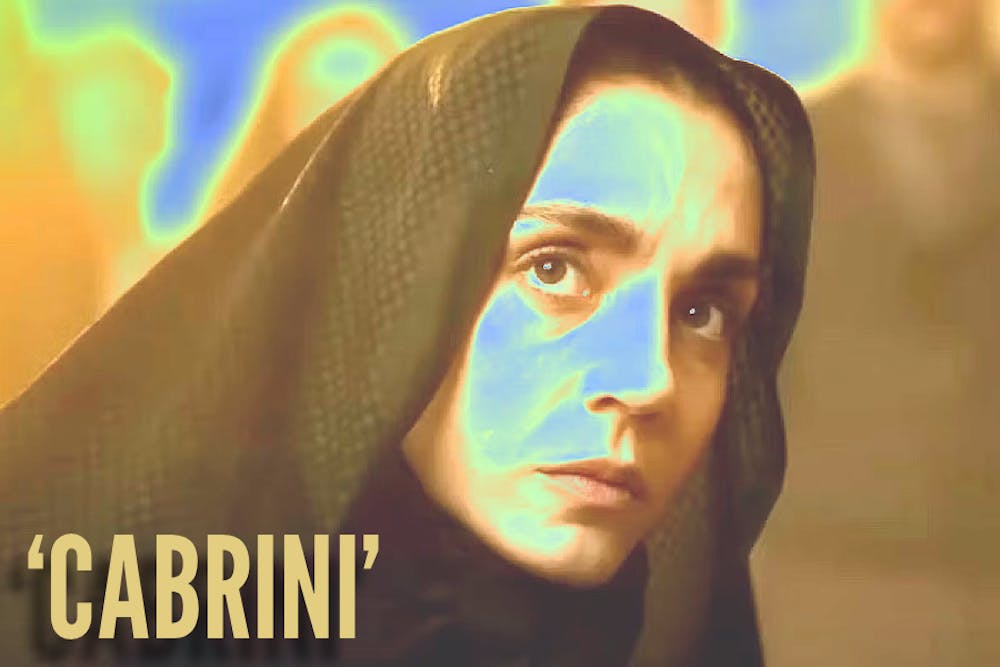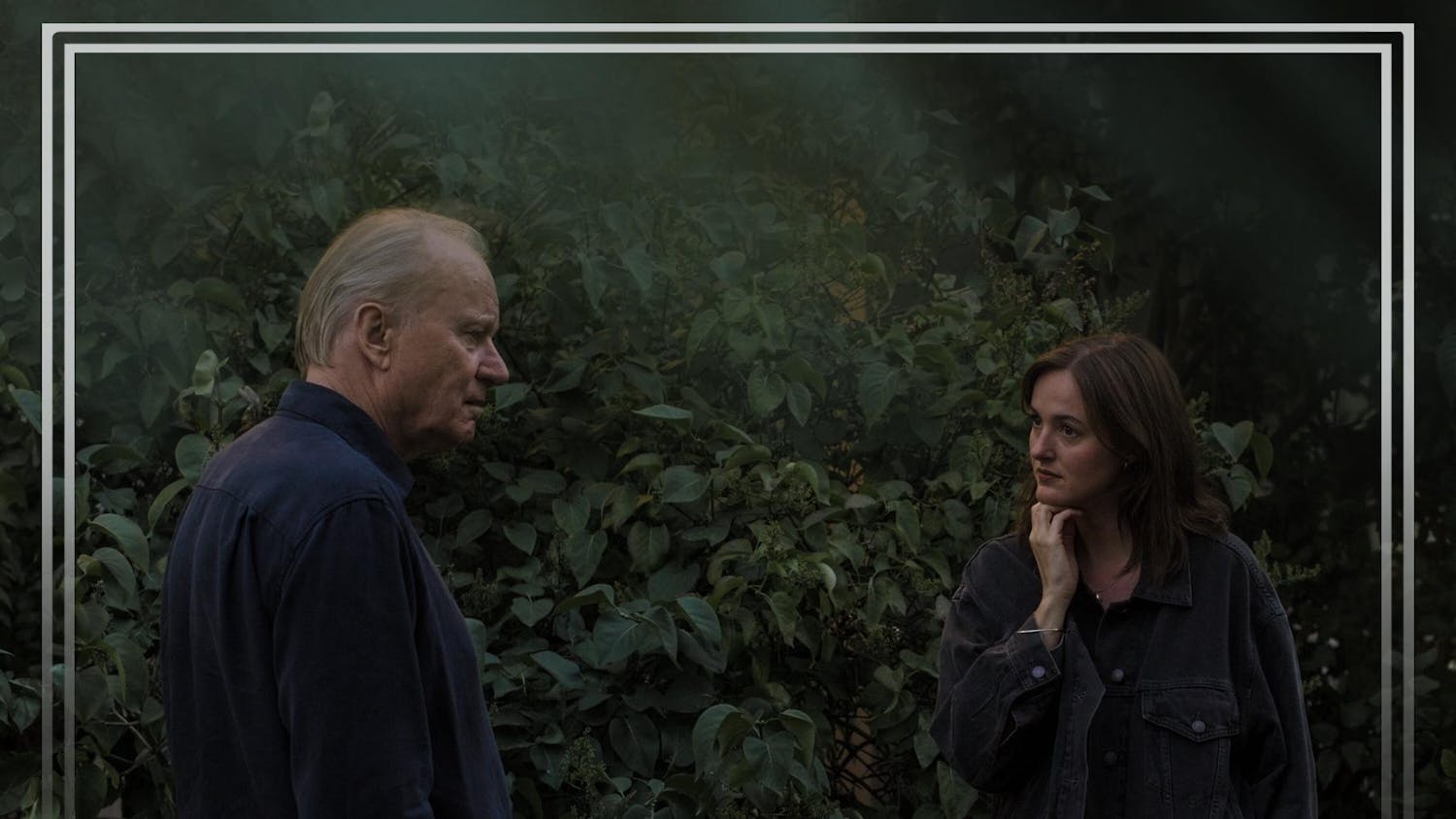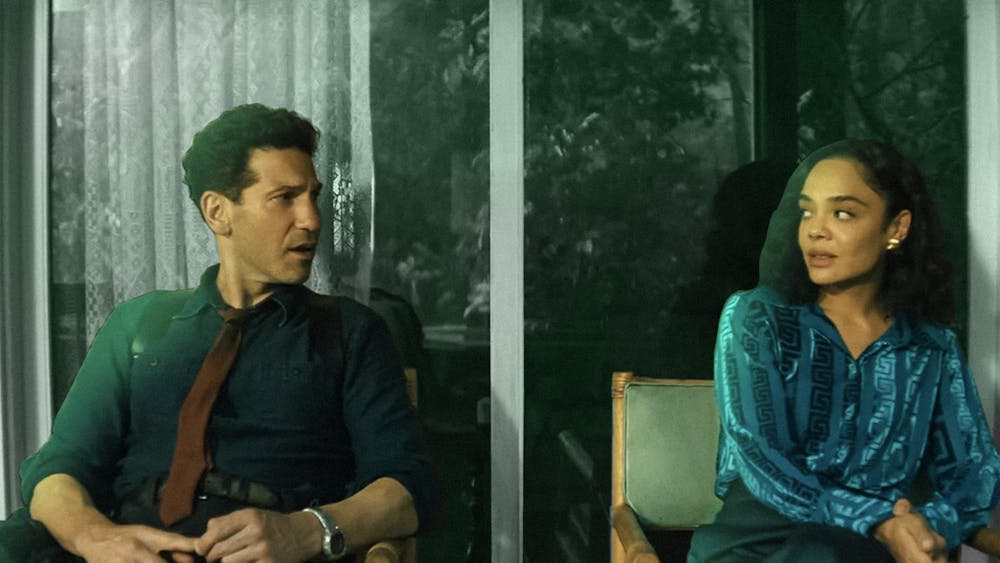I am notoriously suspicious of Christian films. Even though I enjoyed movies like “Soul Surfer” and “Heaven Is for Real” as a kid, I find them unbearably preachy and ridiculously out-of-touch now. Whenever I watch films like these, I feel like I’m looking into the fantasies of a naive youth minister who’s on a week-long mission trip — fantasies that are self-inflating in theory and insulting in practice.
I’ve noticed, however, a recent trend in Christian filmmaking that seems to have begun with “The Chosen,” a TV series about the life of Jesus and his disciples. The show, which is the largest crowdfunded television series to date, propelled independent media company Angel Studios into the spotlight of Christian media. Since releasing “The Chosen,” the studio has gone on to produce films such as “Sound of Freedom,” which was the tenth highest grossing film of 2023 in the domestic box office (and one of 2023’s most controversial releases), as well as the March 8 release “Cabrini.”
This shift in Christian filmmaking, initiated mostly by Angel Studios, marks a huge change in the overall style of explicitly “Christian” film and television. The “Christian” movies from the 2000s and 2010s that I've seen are — in my opinion — evangelization disasters which lack substance, self-awareness and compassion. Nowadays, I’ve noticed that the makers of “Christian” media are attempting to create palatable pieces that appeal to more than just megachurch enthusiasts. This isn’t the first time this has been done, of course, nor is it the most successful attempt. (“The Passion” comes to mind.) What makes this recent change so interesting, though, is that it seems to be part of a sustained effort to make and market “Christian” films for a wider audience.
In an interview about “Cabrini,” the film’s director Alejandro Monteverde (who is Catholic) called it “very painful” for his work to be labeled as “faith-based.” When explaining what he meant by this, Monteverde said, “I like to make movies for everybody — for people of faith, for people of no faith and the people in between.” Monteverde made no mention of hoping to convert anybody, which is a departure from the Christian filmmakers of the recent past. For instance, the makers of “God’s Not Dead” made it very clear that their main goal was to evangelize to non-believers.
Despite Monteverde’s comments, I walked into the theater apprehensively when I went to see “Cabrini” with my mother and grandmother. First, Monteverde made “Sound of Freedom” too. That movie, it appears, has been “QAnon approved.” Second, because my prior experience with other Christian films, like the ones I mentioned earlier, taught me to proceed with caution.
As the film opened on Mother Cabrini working at a convent with her sisters, I braced for the impact of a two-and-a-half-hour frenzied religious message that could deter even followers of Christ from the faith. But as the movie went on, I began to relax in my seat. There was a message, alright, but it didn’t feel like someone was drowning me in it.
“Cabrini” centered more on justice, sexism and immigration than it did on religion. Christianity was less of a frontal focus and more of a constant undertone. The movie steered clear of common (and demeaning) Christian tropes, like the repentant sinner, and followed other character arcs commonly found in secular films instead.
For instance, the film depicts Mother Cabrini as a strong-willed woman with an unwavering commitment to care for the poor. She’s surrounded by men — pimps and priests alike — who doubt her abilities every step of the way. One of her most trusted allies is a sex worker who leaves the brothel to help out in Cabrini’s orphanage. (Note that Mother Cabrini is never depicted telling this woman to repent of her impure ways, as is common in Christian media.)
I appreciated the film for its more “universal” approach, an approach that is reminiscent of classic Hollywood biopics rather than exclusively “Christian” films. “Cabrini” doesn’t break any ground, but it’s the kind of movie that any person who likes inspirational films can enjoy. You’ll laugh, you’ll cry and you’ll cheer for Mother Cabrini as she delivers some notable quips that bite back at the nun’s nay-sayers.
Catholics are split on the film. In his review, Fr. Henry Graebe of the Catholic World Report criticized the film for trying to appeal to a broader audience. “An otherwise good and admirable film thus ultimately comes up short, as it fails to get to the core of Mother Carbini’s identity,” he writes. That identity, of course, is Mother Cabrini’s Catholic faith.
Meanwhile, critic John Anderson of America Magazine, a Jesuit publication, called the film a “less-than-exhaustive but elevating piece of biographical filmmaking about the immigrant Italian activist, healer and early Manhattan developer (of hospitals and orphanages) — the woman who became the first American saint.”
Other critics in non-religious publications have mixed opinions, too. While Richard Roeper of the Chicago Sun-Times called the film “a beautiful reminder of the human being behind the name” of Mother Cabrini and “reminiscent of old-fashioned religious biopics such as ‘The Song of Bernadette’ and ‘Joan of Arc’,” David Ehrlich of IndieWire called it “a stodgy, histrionic and impossibly dull biopic that drags on for more than 140 minutes despite being thinner than a stained glass window.”
Personally, I enjoyed all 140 minutes. “Cabrini” isn’t the sort of artistic piece that blows minds and sweeps award shows, but it’s a nice and simple film with an inspiring, witty character. If you’re apprehensive about “Christian” films, like me, set your fears aside and give it a try. You might like what you see.










